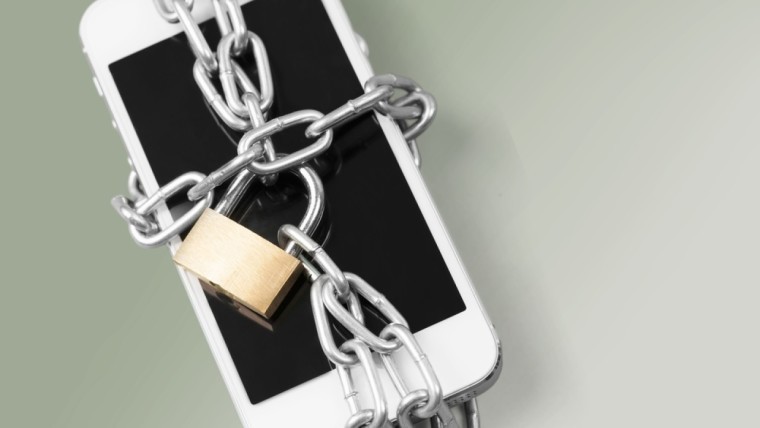
If Apple does not obey the recent court order to unlock the iPhone that belonged San Bernardino mass shooter Syed Farook, the US Department of Justice may be able to compel the company to share the source code of iOS—the operating system that runs on the iPhone and iPad—and the tech giant's electronic signature with the FBI, according to a legal filing reported by The Guardian.
Farook was one of the shooters in the San Bernardino terrorist attack in last December, which killed 14 people and injured an additional 20. The FBI, as part of its ongoing investigation, has previously requested Apple to develop an alternate version of iOS that would enable the agency to access the contents of Farook's encrypted iPhone. The request was made because Apple's iOS software includes an auto-erase function that deletes all content on a device after a number of unsuccessful passcodes have been entered on a locked phone, which has impeded the FBI's efforts. Apple has previously denied the agency's request, arguing that it would set a dangerous precedent for law enforcement agencies to violate the privacy and security of its customers in the future.
The recent legal filing by the Justice Department indicates there is an even greater threat to privacy than simply unlocking a single iPhone. If Apple were to provide the FBI with access to the iOS source code and its electronic signature, the agency would potentially have the ability to unlock any iPhone as it would see fit—without Apple's assistance—by modifying the software itself. The agency would also be able to exploit undisclosed vulnerabilities in iOS or even masquerade as Apple while sending software to its intended targets.
The news of the recent filing occurred only a day after Apple executive Eddy Cue argued against efforts to provide a loophole in iOS for law enforcement agencies in order to protect personal privacy and security. Apple's continued stance on the matter should represent a victory for privacy advocates.
Source: The Guardian via SlashGear | Phone theft lock image courtesy of Shutterstock




















26 Comments - Add comment